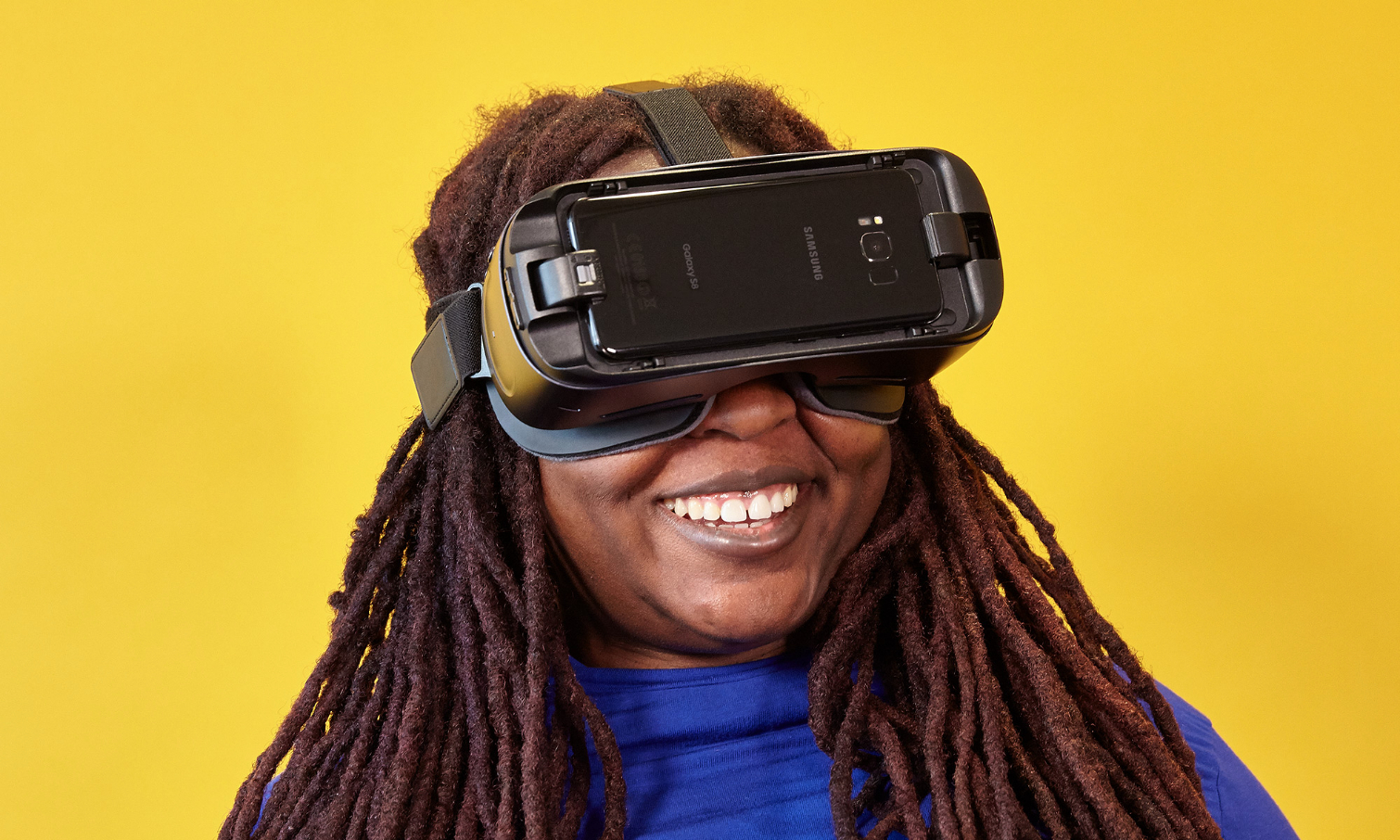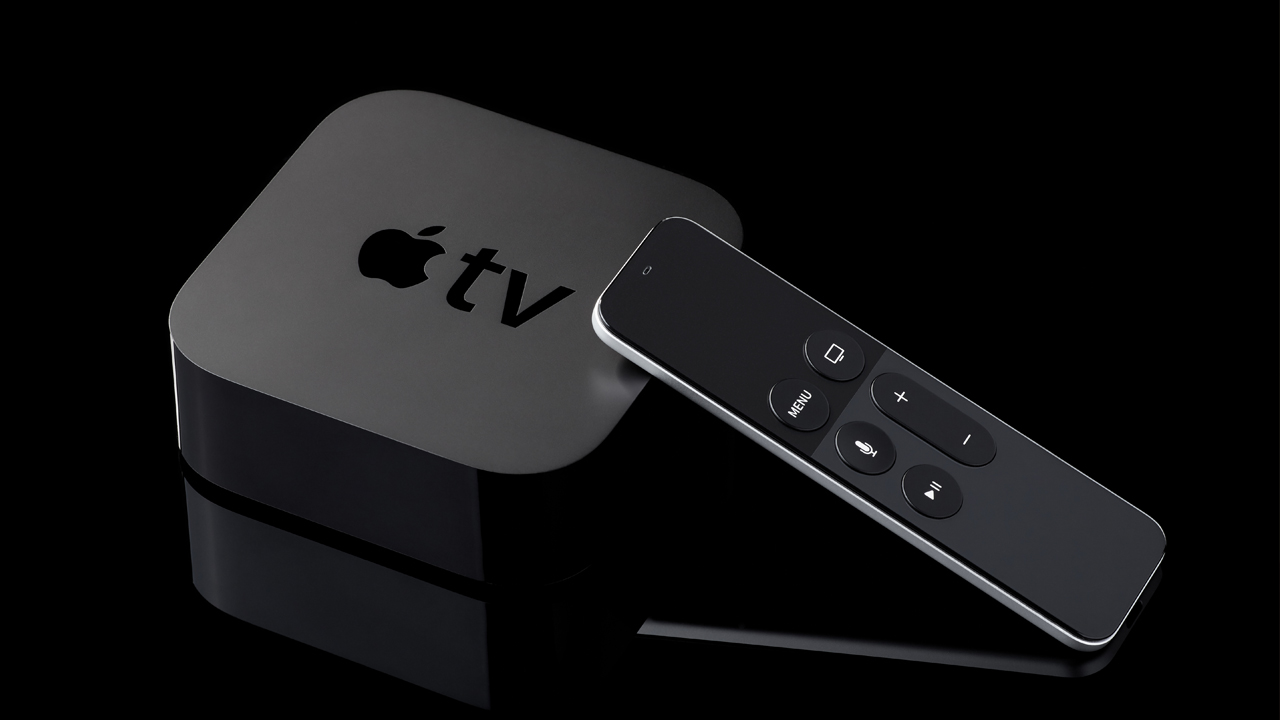Tom's Guide Verdict
The Samsung Gear VR offers an easy to-use controller, voice commands and an updated interface for a more immersive virtual reality experience.
Pros
- +
Comfortable design
- +
Accurate, responsive controller
- +
Innovative voice command
- +
Clean, easy-to-use interface
Cons
- -
A bit pricy
- -
Lacks place to store the controller
Why you can trust Tom's Guide
The Samsung Gear VR continues to be one of the most popular mobile VR headsets on the market. But that doesn't mean Samsung is resting on its laurels. To coincide with the launch of the new Galaxy S8 and S8+, the company has once again revamped the Gear VR, debuting a new color and a new peripheral in an effort to make your virtual reality experiences that much more immersive. Throw in the Gear VR's ever-growing library of content (over 600 apps and counting), and you've got one the best VR headsets around.
Compatibility
In order to use the new Gear VR, you need one of the following phones: Note 4, Note 5, Galaxy S6, S6 Edge, S6 Edge Plus, S7, S7 Edge, S8 or S8+.
Design
New phone, new color. To coincide with launch of the new S8 handsets, the Gear VR has undergone a palette swap, going from an inky midnight blue to Orchid Gray, one of the available colors of the S8 and S8+. The plastic has a nice pearlescence that brings out the device's slight purplish hue when the light hits it.
The other noticeable change is the shiny plate that sits on the front of the device in place of your phone when the Gear VR is not in use. It's a bit gaudy for my taste, but since it's not a major part of the design, it's forgivable.
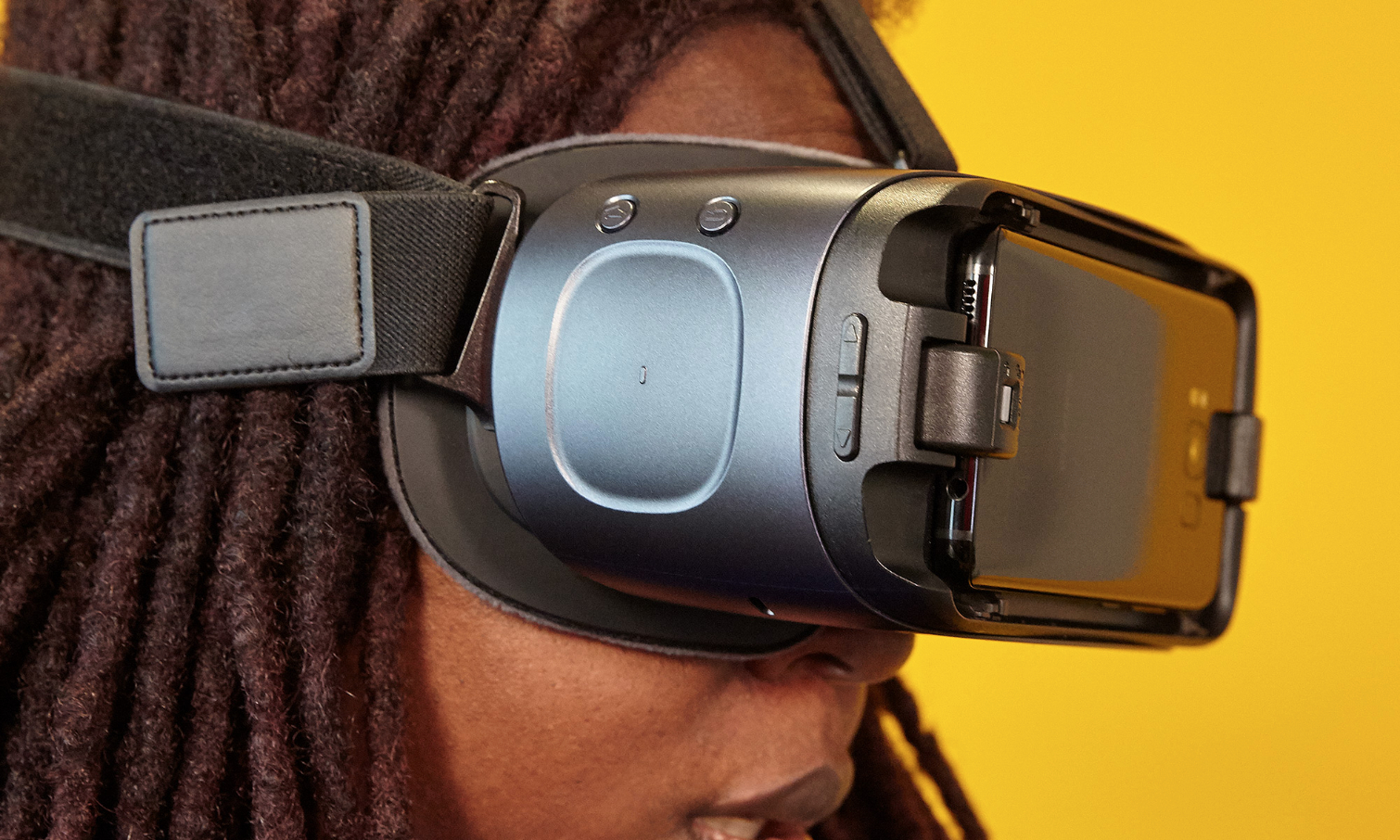
Outside of the color and the glossy front plate, not much has changed on the Gear VR. The slightly recessed touchpad is still located on right side of the headset below the Home and Back buttons. The volume rocker sits closer to the front of device. Samsung also kept the swappable USB Type-C connector, which can be switched for a Samsung phone with a traditional micro USB like the Note 4, Note 5, Galaxy S6, S6 Edge, S7 and S7 Edge.
Unlike the controller for Google's Daydream View, the one for Gear VR has a rear-mounted trigger, which came in handy for shooting games like Drop Dead.
The USB Type-C port adapter remains on the bottom right of the device with a pair of air vents to help your smartphone stay cool. The focus wheel remains at the top center of the headset, just in front of the bar that secures one of the Velcro-lined headbands.
Controller
The newest thing about the Gear VR isn't the color change; it's the new peripheral. Taking a page out of the Google Daydream View's book, the Gear VR now ships with a one-handed controller for a more deeply engaging experience. The controller consists of a circular touchpad at the top of the handheld and volume buttons. Google's controller features Home and Back buttons, but only the Gear VR controller, with its angular head, has a rear-mounted trigger, which came in handy for shooting games like Drop Dead.
Get instant access to breaking news, the hottest reviews, great deals and helpful tips.
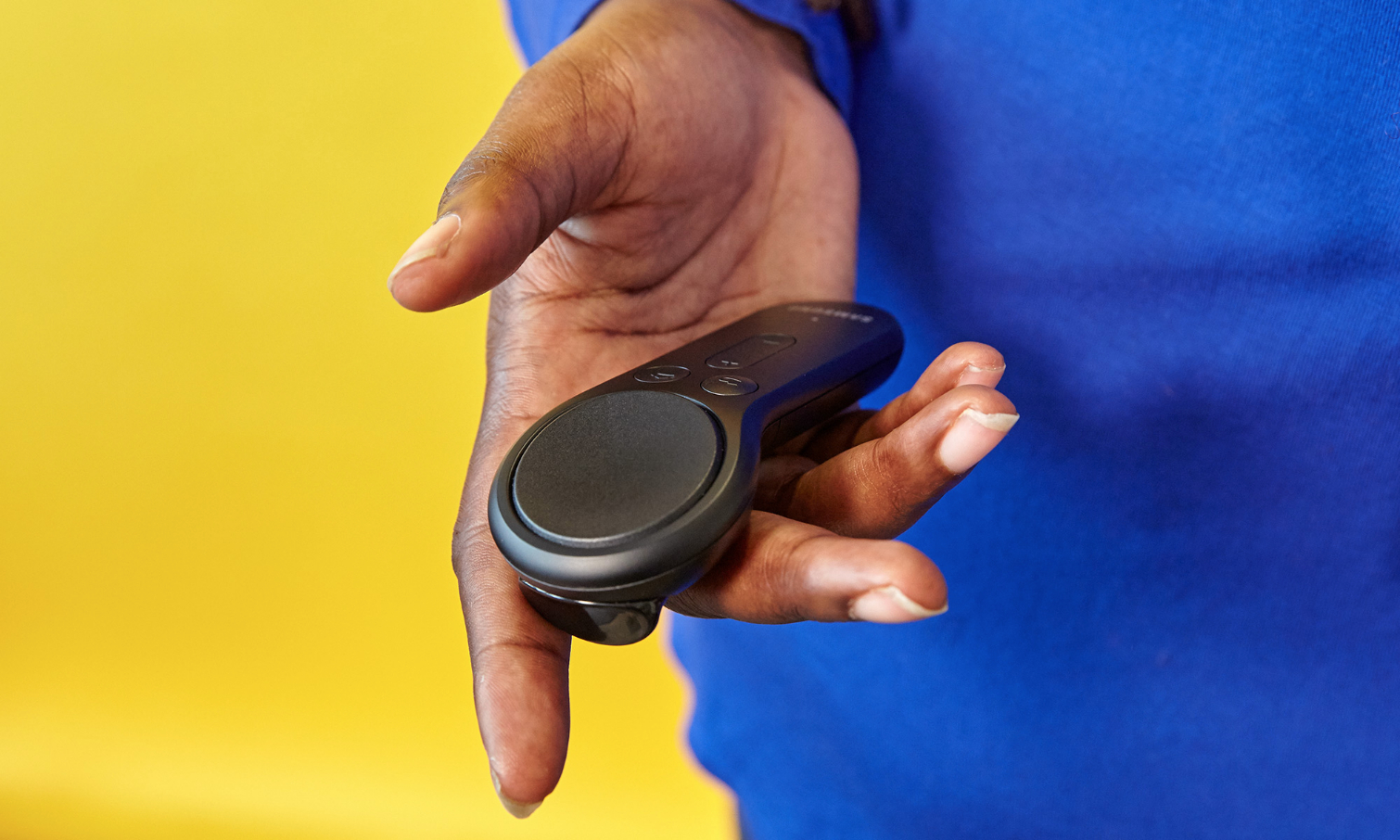
At 2.3 ounces, the 4.2 x 1.8 x 1.5-inch controller is lightweight yet substantial, with the weight due mostly to the pair of AAA batteries powering the Bluetooth peripheral. The touchpad is responsive and accurate, making it easy to navigate Facebook or blast zombies. The rear trigger provided a nice snapback, as did the touchpad and the front-mounted buttons.
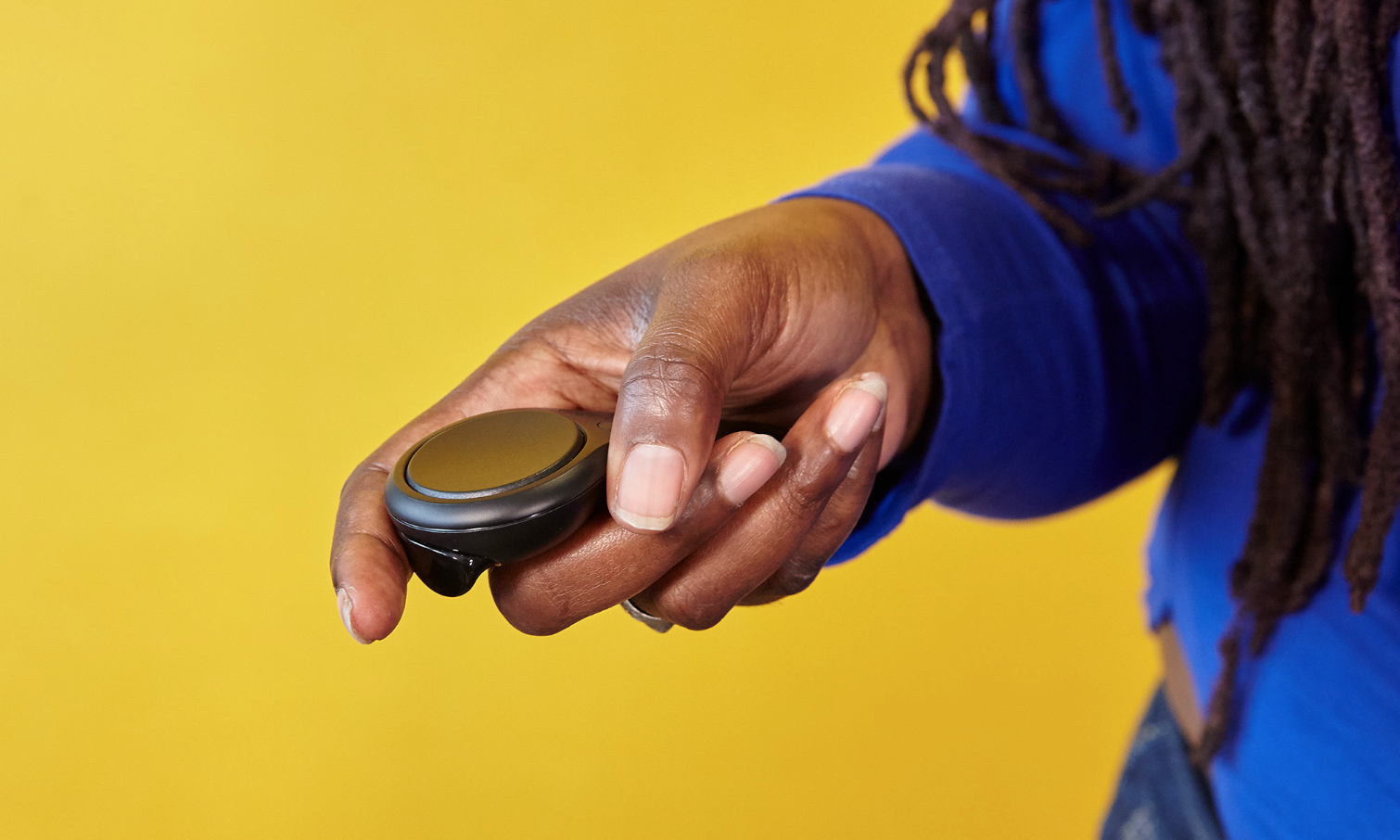
As fun as the Gear VR controller is, there are games (like Minecraft) that still require a traditional controller. In those instances, you're going to want to have a Bluetooth gamepad nearby.
Interface: Cleaner, Slicker and Voice Controllable
Oculus has given the Gear VR interface an update, and it's more polished than ever. The virtual lobby is still set in a lavish home, complete with hardwood floors and a peekaboo panel, but interacting with the interface felt a lot smoother than in previous iterations. Oculus is still using floating tiles, but they're larger, with more eye-catching images.
My favorite new feature by far is the voice command. You can launch apps, recenter your view and more simply by saying, "Hey, Oculus" and then the command.
The biggest additions to the main tile lineup are tabs for Internet, Events and Voice. Finally out of beta, the feature that lets you browse the web in VR is now available. To get things started, the app includes icons for popular sites such as Facebook, Twitch, YouTube, Vimeo, CNN, Instagram, Google and Amazon in the O Browser. You can also type in a web address by summoning a floating keyboard (with numpad) although that might get a bit tedious. Still, I really liked scrolling through my Facebook feed, hitting Like and sharing posts, though Facebook needs to find a way to let you access the other emotions (Sad, Angry, Wow and Haha).
My favorite feature by far is the new voice-command option. Currently in beta, Voice allows you to search for and launch apps, recenter your view, or cancel out of a program simply by saying, "Hey, Oculus" and then the command. The feature was pretty responsive, taking about 4 seconds to react to my commands to search for action games as well as specific apps.
I had a ton of silly fun playing SingSpace ($4.99), Harmonix's virtual karaoke game, in which I sang A-ha's 'Take on Me' to a cheering virtual crowd.
Apps, Games and Experiences
The content train keeps chugging for the Gear VR. Thanks to Samsung's Partnership with Oculus, there are over 600 titles in the Gear VR store, with more arriving every month. Apps still range from free to $15.99 and cover a range of genres, including education, gaming, entertainment and social. The store recently added a section for controller-specific apps so you won't have to go hunting through the massive catalog.
I had a ton of silly fun playing SingSpace ($4.99), Harmonix's virtual karaoke game, in which I sang A-ha's "Take on Me" to a cheering virtual crowd. When I was done, I discovered the S8's microphone had recorded my session and I had the option to share. I quickly declined the honor.
I also enjoyed playing Wands, a magic dueling game. When I first played Wands, after its debut in 2016, I was forced to use a game pad. With the controller, it really felt like I had a magic wand in my hand, winging fireballs at my foolish opponent.
MORE: Best VR Headsets
Performance and Heat
Like its predecessor, the latest Gear VR boasts a 101-degree field of view, which is a bit short of what the Oculus Rift or HTC Vive offer, with their 110-degree FOV. A wide field of view allows for better immersion, rewarding a more precise gaze with sharper detail, particularly when reading text. There is still some blurring around the edges, a problem that quickly clears up once you look in the direction of the blurring.
Even as I watched video, shot down zombies, mediated in a Zen garden, updated my Facebook page and sang "Before He Cheats" (badly), the Galaxy S8 stayed relatively cool. After all that, the phone's rear panel measured 96 degrees Fahrenheit, which is warm but not uncomfortable.
Comfort
Thanks to the felt and foam face-pad lining, I wore the Gear VR comfortably for nearly 2 hours. The wide, stretchy headbands do a great job of distributing the 12.1-ounce, 8.2 x 4.8 x 3.8-inch headset's weight. As comfortable as the Gear VR is, I still prefer to wear the Google Daydream, which is lighter and smaller (7.8 ounces, 6.6 x 4.2 x 3.7 inches), and a bit cooler after longer sessions thanks to its breathable fabric.
Audio
We're still waiting for one of the major VR hardware companies to develop an integrated audio solution. Until then, you're going to have to either rely on your smartphone's speaker or don a pair of headphones (wired or wireless).
Setup
But before you go traipsing around the virtual ether, there's just the little matter of the setup. It's a relatively fast process that started with me placing the S8 into the Gear VR to begin downloading and installing the Gear VR store. It's still annoying that after all these iterations of the Gear VR, I can't simply go to the Google Store and download the app from there.
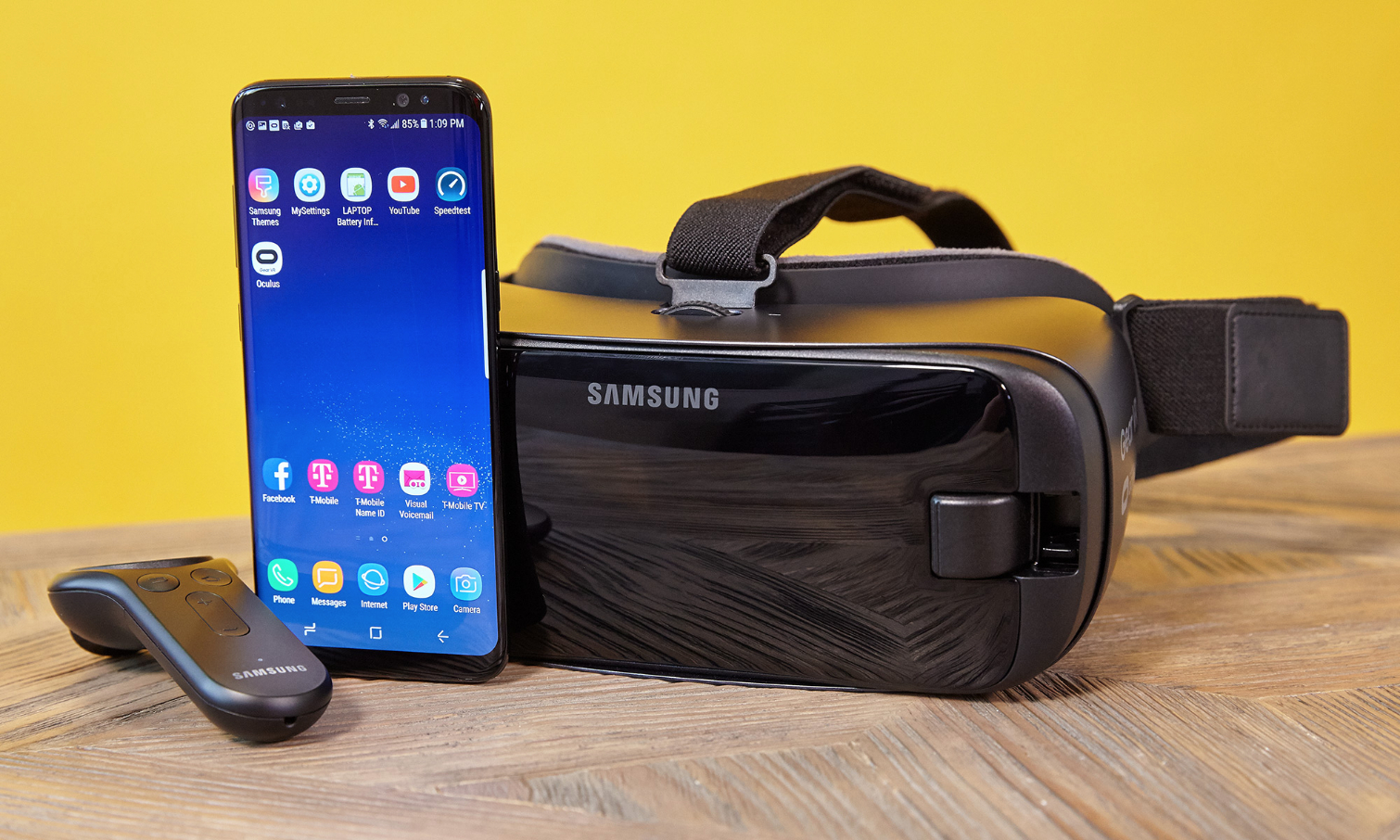
Once the store is installed and you've signed in, it's time to pair the new controller. Following the prompts, I pressed the Home button on the peripheral and pressed the Pair button on the S8, then waited about 3 seconds to connect. From there, I performed a minute or so of arm exercises as I moved the controller in a figure eight until the device was calibrated. I knew I was done when I saw a green check mark on the phone. Next, I selected which hand I'd be using with the controller, after which, I finally landed in the actual store.
MORE: Samsung Gear VR Guide: Everything You Need to Know
Battery Life
It used to be that running Gear VR apps was a quick way to kill your battery. That's not quite the case anymore with the latest Galaxy phones. After 2 hours of use, the S8's battery was still going strong, at 77 percent.
Bottom Line
It's going to be hard to dethrone Samsung from the mobile VR throne. With every iteration of the Gear VR, the company does something to enhance the experience in meaningful ways. The addition of the controller adds a tactile experience to certain games that couldn't be achieved with a traditional gamepad. The ever-growing library is a cornucopia of new games and apps that have to be experienced to be believed, and you can access it all with a voice command. It's well worth the $129.
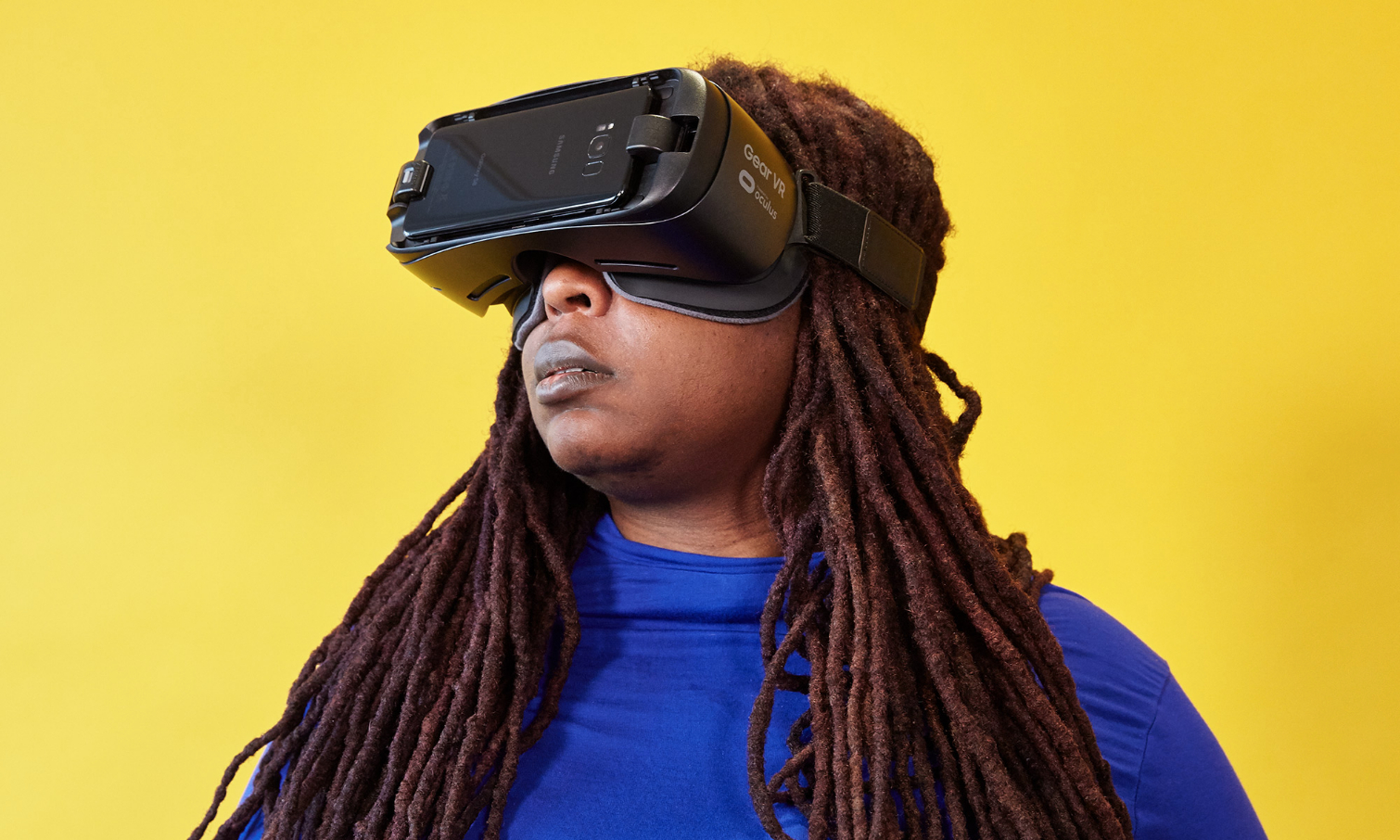
The cheaper, $79 Google Daydream View is still a very strong contender. We like that you can tuck the bundled controller away in the headset when not in use. Daydream also features a more robust controller-centric catalog, and the headset is more comfortable over long stretches because of its fabric-colored frame. Overall, though, for virtual reality fans who own a recent Samsung Galaxy phone, the Samsung Gear VR is the headset of choice for the best combination of content, convenience and accurate control.

Sherri L. Smith has been cranking out product reviews for Laptopmag.com since 2011. In that time, she's reviewed more than her share of laptops, tablets, smartphones and everything in between. The resident gamer and audio junkie, Sherri was previously a managing editor for Black Web 2.0 and contributed to BET.Com and Popgadget.
